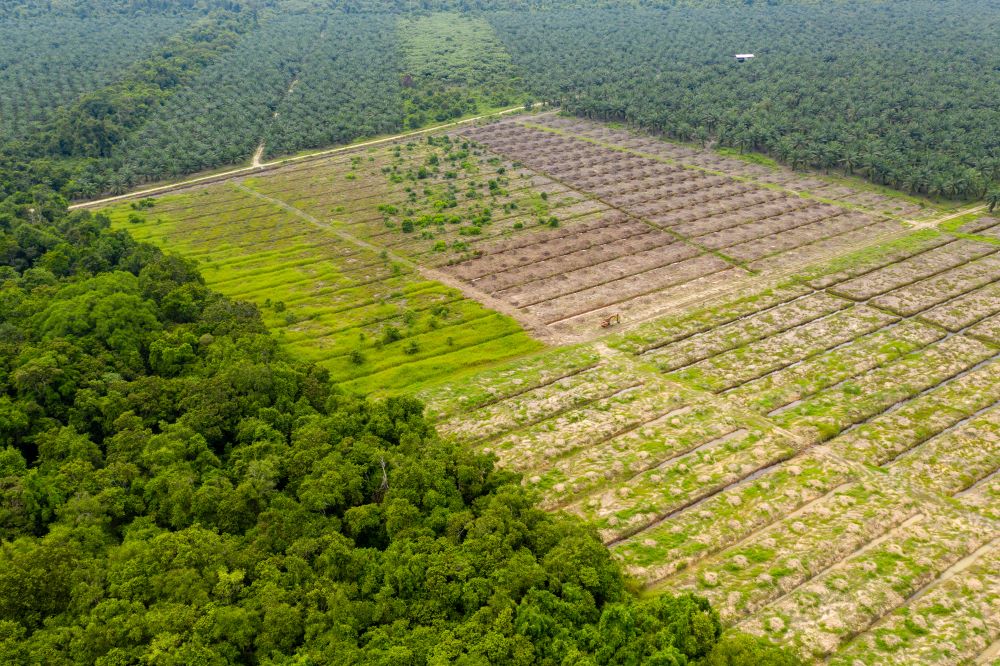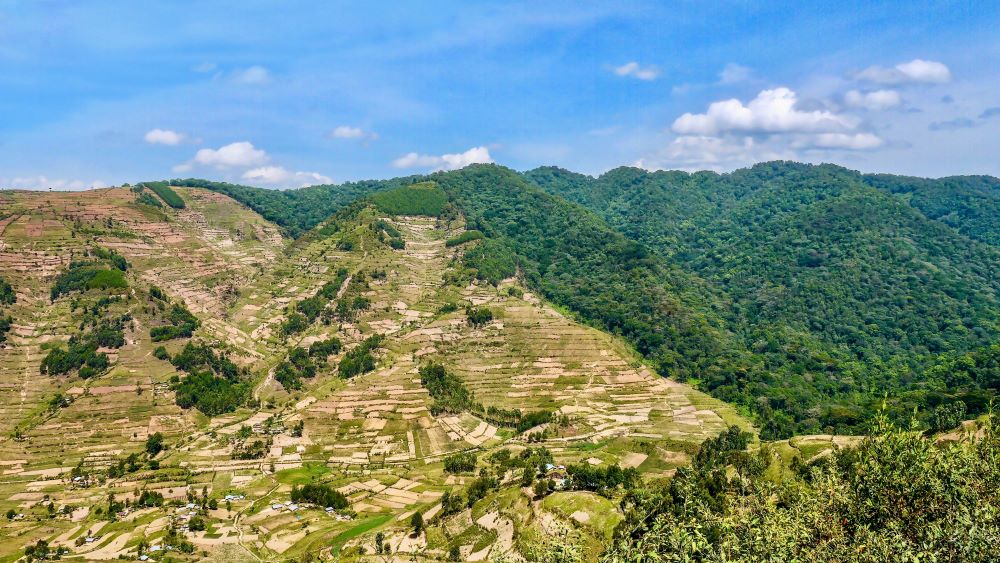
Tropical forests are vanishing as they are converted to agricultural land to meet the demands of distant markets. The global trade of tropical commodities has raised concerns about deforestation, prompting high-income countries to explore regulatory and trade measures to address the issue. However, a recent analysis shows that high-income countries have the highest consumption rates of the tropical commodities analysed and that these rates have considerably increased in the last 20 years.
Scientists analysed data on global trade and consumption patterns of oil palm, cocoa and coffee, and the extent to which deforestation can be attributed to their increasing production. They reviewed trade agreements and progress in the implementation of product sustainability standards. They show that current market-based measures are insufficient to address continuing deforestation and socio-ecological damage and argue that more transformative solutions are needed. They propose various measures – broadly grouped into three categories – that can help tackle deforestation in global supply chains.
Reducing consumption of tropical commodities
Applying consumption taxes on domestically produced or imported forest-risk raw commodities and their derivative products, presents a potential solution to decrease their consumption. While raising commodity prices is unlikely to be popular among consumers, public acceptance could rise if the collected revenue is used to support sustainable production by smallholders in crop-producing countries. Many studies indicate that consumers in higher-income countries are willing to support activities associated with sustainable food production and consumption.
Importing countries could also apply import duties – taxes payable on the value of imported goods – and recycle generated revenue to support sustainable agricultural programmes and environmental monitoring and mitigation in producing countries. Although obligations to bilateral and multilateral trade agreements could complicate implementation, it is unlikely that exporting countries would object if they were receiving the revenue.
Consumption rates in higher-income countries and urban areas of low- and middle-income countries could also be reduced through more ambitious transformative shifts that challenge capitalist relations, with a stronger focus on taxation, debt cancellation, and re-localisation of food production and consumption to achieve greater local autonomy.
Strengthening sustainability criteria in trade, reforms in environmental policy and land governance
Different measures are needed to help tackle deforestation, than have been supported in the past. Combinations of measures, including trade restrictions on unsustainable products, reforms of environmental policy and land governance, rewards for sustainably certified products, and capacity-building support from donor countries are potentially more effective than the current situation, However, the article argues that ultimately more far-reaching changes and approaches are needed.
Commonly used market-based approaches are easier for governments to implement in the short term because they do little to challenge the existing power relations in the global political economy which drive deforestation. Such approaches include environmental provisions in free trade agreements, sustainability standards for products or voluntary or mandatory requirements on companies to conduct due diligence in their supply chains on social and environmental issues. The global political economy encompasses the interactions between the global economy and the political and economic actors, systems and institutions that shape and are shaped by it.
Enhancing monitoring of crop environmental footprints
The analysis indicates that the commonly used approach, based on basic data on crop distribution at national or sub-national levels, tends to underestimate the deforestation risk associated with both large-scale plantations and smallholder farms. Detailed data, derived from satellite images, on changes in land cover across space and time, can offer more accurate monitoring by enabling detection and differentiation between large-scale plantations and small-scale farms. Alongside trade data, this data can be used to inform environmental policy measures.
The researchers emphasise that it is important to understand the effects of deforestation on global supply chains. However, they caution that the pursuit of more information and enhanced traceability should not divert attention from the ultimate goal of transforming the underlying features of capitalist relationships. The focus should remain on identifying and pursuing more transformative leverage points – more effective ways to achieve sustainability. Measures to restrict consumption amongst high consuming countries and groups are urgently required, as well as support for enhancing democracy for local governance of food and land. More radical proposals are required, that address the inequities of global political economies.
‘It's important to consider alternative approaches beyond just market-based mechanisms when it comes to addressing sustainability challenges, including deforestation’, advised Dr Truly Santika, who led the analysis. Dr Santika is Senior Fellow in Biostatistics for Food and Agriculture at the Natural Resources Institute of the University of Greenwich. Professor Valerie Nelson who was also involved in the research added: ‘These challenges often stem from the same underlying cause, so it is important to focus on the root causes of social and environmental damage and where the responsibilities lie for that damage. Both of these should inform action to achieve meaningful transformative change in food, agriculture and beyond.’
This study was conducted as part of the EU-funded Transformative Change for Biodiversity and Equity (TC4BE) project. TC4BE is using transdisciplinary research processes to generate new knowledge, tools, and stakeholder capacity to drive transformative change in agrofood systems and advance sustainable trade.
Read the full paper here.


